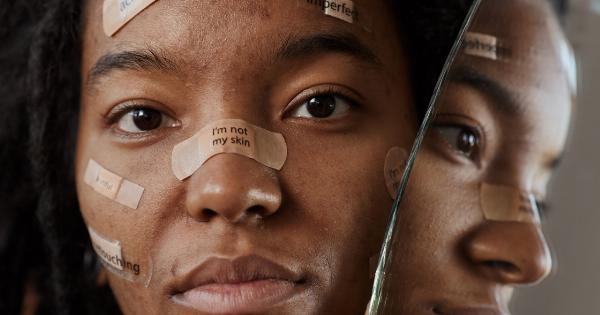Acne is usually associated with teenagers, but it can also affect adults. In fact, adult acne is quite common, and it can be frustrating and embarrassing for those who suffer from it.
Adult acne can be caused by a variety of factors, including hormones, genetics, and lifestyle choices. In this article, we’ll explore some of the risk factors of adult acne, so you can take steps to prevent and manage it.
Hormonal Changes
One of the most common causes of adult acne is hormonal changes. Hormones can affect the oil glands in your skin, leading to acne breakouts.
Hormonal changes in women, such as those that occur during menstruation, pregnancy, and menopause, can increase the risk of acne. Hormonal imbalances in men can also lead to acne breakouts. In both men and women, hormones like testosterone can stimulate the production of sebum, the oil that clogs pores and leads to acne.
Genetics
If your parents or siblings have acne, you may be more likely to develop it as an adult. Genes can play a significant role in the development of acne, and some people have a genetic predisposition to acne.
If you have a family history of acne, you may need to take extra steps to prevent it.
Stress
Stress can also contribute to adult acne. When you’re stressed, your body produces more cortisol, a hormone that can increase oil production and contribute to acne breakouts. Stress can also cause inflammation, which can worsen acne.
If you’re prone to acne and you’re under a lot of stress, you may find that your acne gets worse when you’re stressed.
Diet
Your diet can also play a role in adult acne. Foods that are high in sugar and carbohydrates can cause an increase in insulin, which can lead to acne. Some studies have also suggested that dairy products can contribute to acne breakouts.
It’s important to eat a healthy, balanced diet to prevent acne.
Medications
Some medications can also increase the risk of adult acne. Birth control pills can cause hormonal changes that lead to acne, and some medications, such as corticosteroids, can cause acne as a side effect.
If you’re taking medication and you’re experiencing acne breakouts, talk to your doctor about alternative treatments.
Cosmetics and Skincare Products
Your skincare products and cosmetics can also contribute to adult acne. Some products can clog pores and cause acne breakouts. Look for products that are labeled “non-comedogenic,” which means they won’t clog pores.
It’s also important to cleanse your skin thoroughly and remove all makeup before going to bed.
Environmental Factors
Environmental factors can also increase the risk of adult acne. Exposure to pollution, humidity, and hot weather can all irritate the skin and contribute to acne breakouts.
It’s important to protect your skin from environmental factors by wearing a sunscreen and taking other preventative measures.
Sleep
Finally, sleep can play a role in adult acne. Lack of sleep can increase stress levels, which can lead to acne breakouts. It can also affect hormone levels, which can contribute to acne. Aim to get 7-8 hours of sleep each night to prevent acne.
Conclusion
Adult acne can be frustrating and embarrassing, but it’s important to remember that it’s a common condition that can be managed.
By understanding the risk factors of adult acne, you can take steps to prevent it and manage it if it does occur. Be sure to cleanse your skin regularly, eat a healthy diet, and protect your skin from environmental factors to prevent acne breakouts.






























